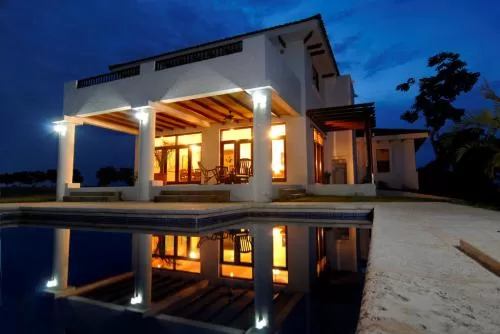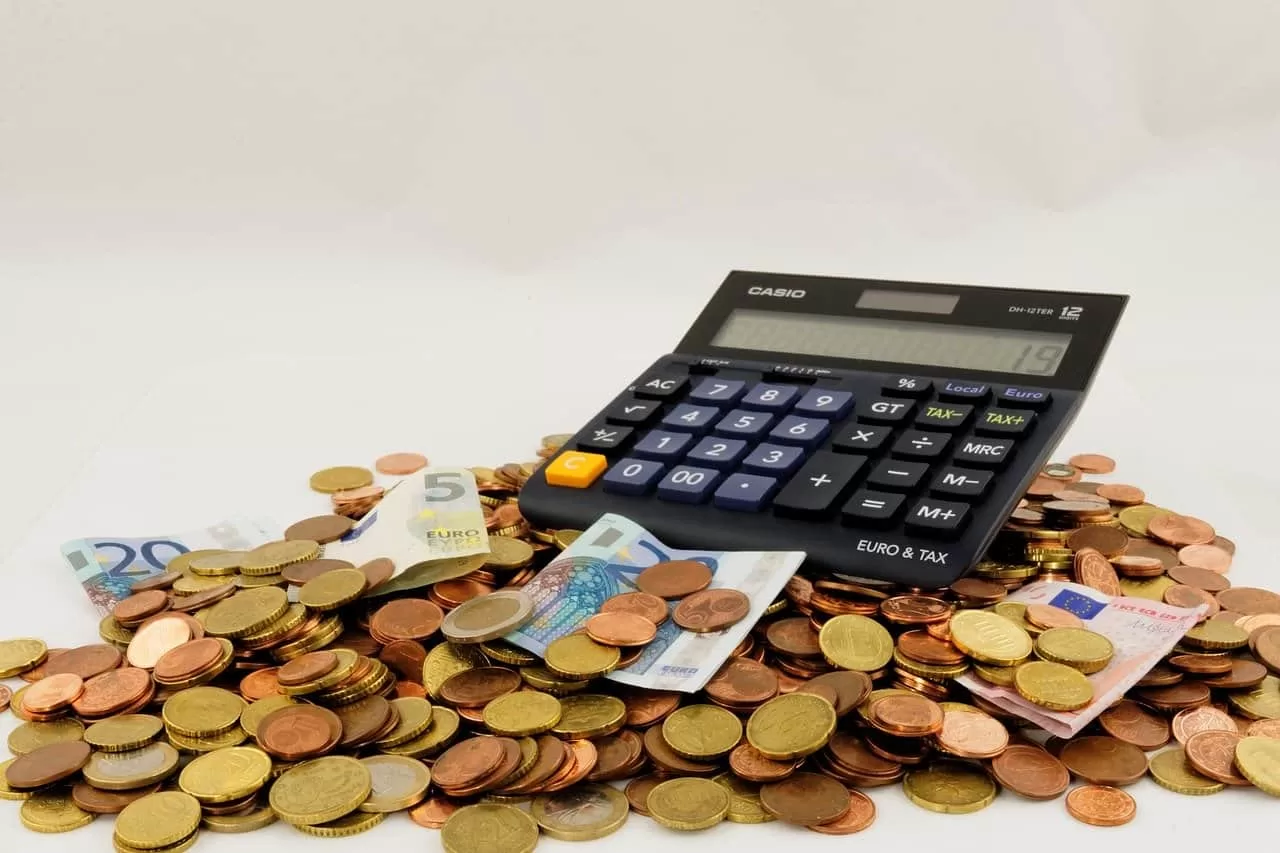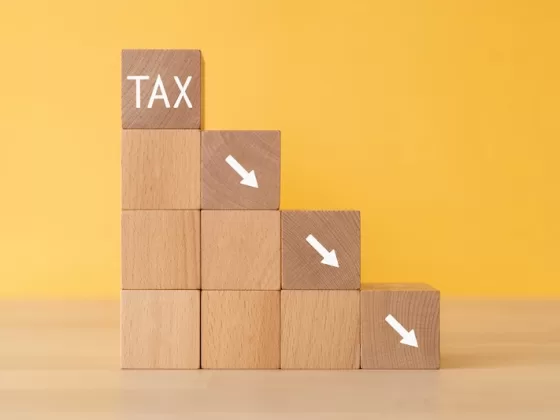Building a new home is a task filled with hopes and dreams that requires the homeowner to be engaged, available, and proactive. This seems extremely difficult when you’re building a home overseas and cannot always be present. If you commit to build, you will have countless decisions to make – both large and small. Prudent and informed decision making will ensure that you celebrate the completion of your new home as soon as possible. Here are 5 things every building homeowner should consider.
- Building Your Investment – Building your new home is a significant investment. As with other investments, you must know the market, understand home values in the area, and gain knowledge about building costs. Of 109,000 new homes built by home builders in the U.S., 12,000 of them cost only $60 per square foot, while more than 25,000 of them cost more than $150 per square foot to build. This is crucial information specific to the country you are building in. You need a budget, financing, and a thorough understanding of building costs. Knowing what is included and what is not included will ensure this story has a happy ending. Market awareness, financing options, and building costs are areas that every building homeowner should address prior to proceeding. Talk to lenders about construction loans and permanent financing, and meet with your accountant to make sure you attain all tax benefits from your project. This investment needs a reasonable budget with a slush fund for possible extras. If your budget is too tight, your investment could suffer.
- Reputable Builders Only – The success of your building project relies upon your ability to choose the right builder – one who is reputable and experienced. Check references and visit other homes that the builder has completed. Most builders have display books with images of their projects. Don’t be afraid to contact previous clients and ask a few questions about quality, timeliness, and cleanliness. These qualities, and the contractor’s ability to navigate through challenges, will ensure a quality end product. Personal references carry weight, but this is an important investment and you should only choose a home builder who has a proven track record.
- Go Green – You cannot go wrong becoming familiar with LEED Certification. But, if you do not feel the value is there, be sure to work with a builder who has experience with the Energy Star program. This stellar initiative will add value to your home and save you money on energy costs. Siemens reports that 45% of your energy costs will be attributed to heating and cooling. Builders who implement Energy Star strategies will lower your new home’s operating costs. Homes with Energy Star ratings of 75 or more earn the prestigious Energy Star Label.
- Resale Counts – You are building in the present but thinking of the future. This new home will probably not be your last home. So, think resale when making important decisions. Will a gas-burning fireplace have appeal to the next buyer? Will your custom shower glass attract future buyers? There are countless design decisions you will make, but if you use the concept of building for resale as a starting point, your decisions will become easier and your investment will have greater long-term value. Also think about the options for renting out the house when you are not there.
- The Punch List – Prior to closing, you and the builder will perform an inspection and formulate a final punch list. Make sure you or someone you trust is there for the final inspection. The punch list is divided into two major components: reasonable flaws and unreasonable flaws. Unreasonable flaws must be identified and repaired prior to closing. Reasonable flaws are those flaws that occur that are not deemed as substantive or contrary to various building codes. Occasionally, these flaws can result in credits to the homeowner. In any case, to protect your home and investment, take the time to develop a thorough punch list with every flaw identified and discussed.
Building a new home is hard work. That hard work is multiplied when building overseas. But, if you follow these tips, you will not only enjoy your home, but you will have a solid investment for the future.
If you’re considering traveling or moving abroad, be sure to explore your healthcare options. Visit International Citizens Insurance to learn more and get a free quote.










